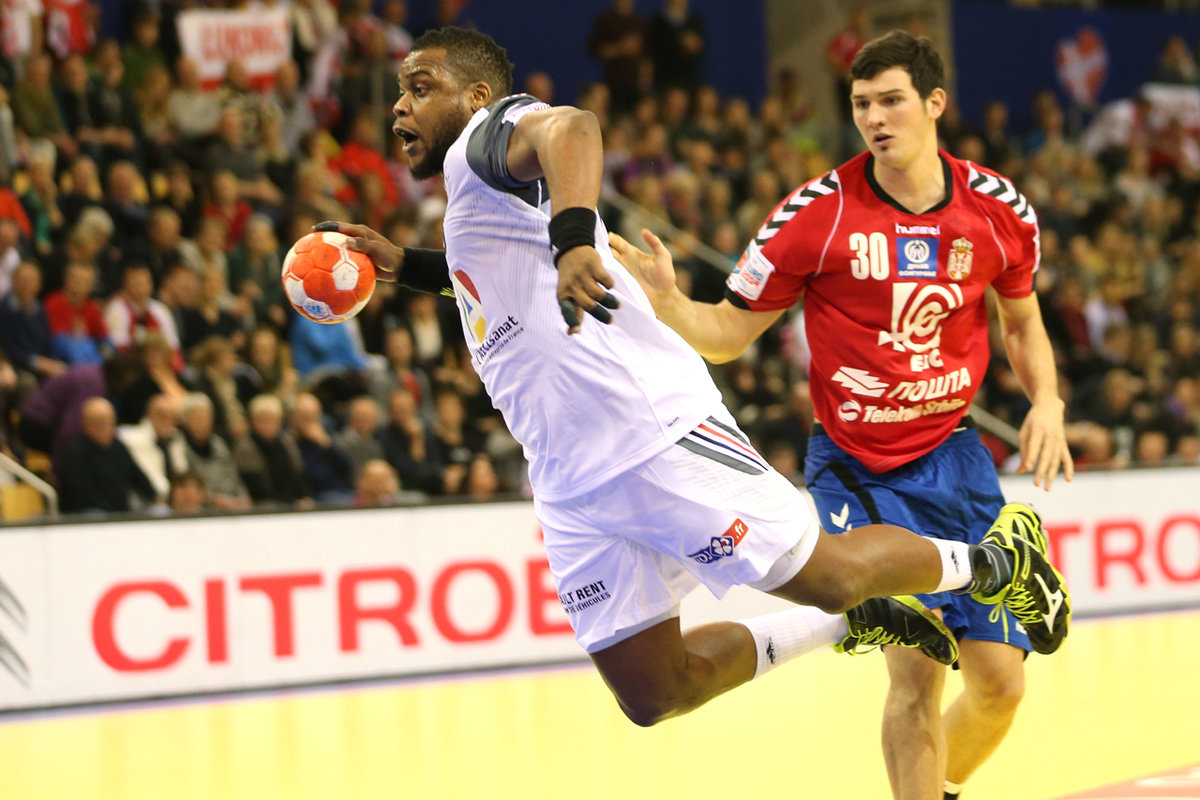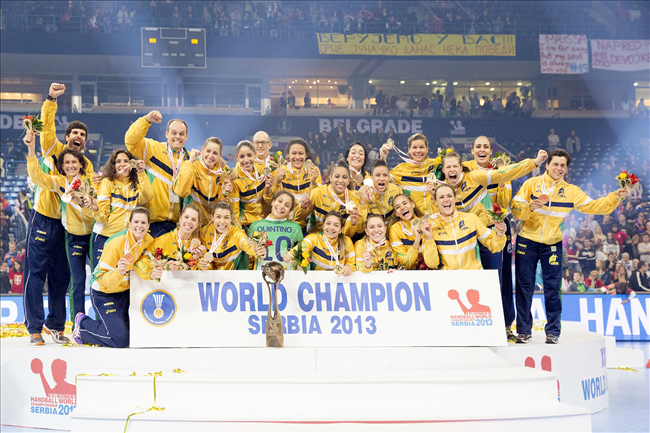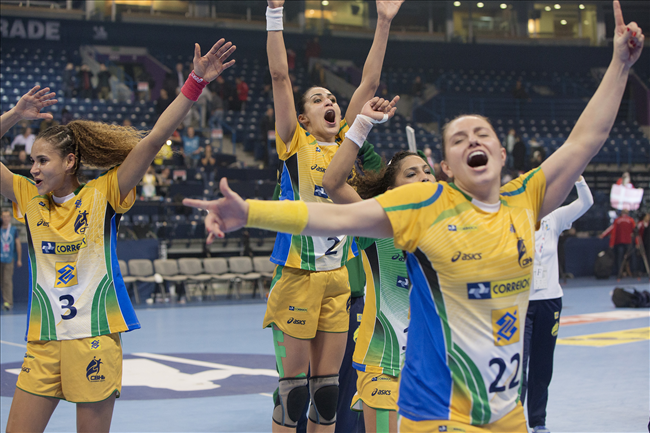And now there is a proposal which seems to be gaining momentum after a preliminary agreement between the EHF and the association of the European top clubs, the FCH. The proposal is to replace the current format, which has 24 teams in the group stage, with a top division with 16 teams and a lower division with 12 teams. The proposal has the support of the majority of the top clubs but far from everyone is happy with the idea. In fact, it is strongly resisted in many places.
The problem is that different countries have vastly different circumstances. Leaving out those countries which really do not have a champion who is competitive enough to participate, the other countries essentially fall into three categories: 1) those rather few countries who have a league with many evenly matched teams, with a different champion every year, and with a strong following among the fans; 2) several countries where one or possibly two teams dominate completely, perhaps by tradition but more likely because of vast differences in financial resources and access to top players; and 3) Germany.
The new format, which would have four more games than currently for the teams in the new top group, suits the teams from category 2 perfectly. This would be Barcelona, Veszprem, Croatia, Kielce and several others. They would love to have more games in Champions League, which matters much more to them than the national league. But the teams from category 1 are of course upset for two reasons. Several of them would be excluded from a top group with only 16 teams; and if they do qualify, then they have to play more such games at the expense of their national league which still matters to them.
But Germany is really the crux. Typically there would be four teams from Germany in Champions League who all have a good chance to qualify for the final four or at least to be in the quarter-finals. And by any measure, the German Bundesliga is by far the strongest national league. But it has one problem, which leads to stubbornness or selfishness in Germany and to resentment in the other countries. Bundesliga has 18 teams, but it is not the strongest because of that. Normally, there are 5-6 top teams, 5-6 other quite strong teams, and then 6-8 teams who are not of the same caliber. But all these teams, and other clubs who have a chance to qualify for Bundesliga, desperately want to keep the number at 18, so that they can have the chance to be in this top league.
Unfortunately, and for reasons that are not clear to me personally, the very top teams in Germany also resist a reduction from 18 to 16, perhaps out of some kind of national loyalty. It seems that the games that would disappear if the league was reduced would be offset by even more lucrative games in Champions League. And of course the many teams in other countries who like the proposed format think the Germans are selfish and resent the German attitude. I can fully appreciate that. But, while I see many advantages in a move towards a real ‘elite league’, I can also understand the attitude of those countries in category 1 who resist the whole idea.
In fact, they argue along the same lines as many currently do in the context of football. Recent voices have been heard with arguments that UEFA has really created a closed and unfair system, where year after year roughly the same teams from the same small number of countries monopolize the places in the group stage of the Champions League. By that time, most of the champions of the about 50 countries in Europe have long since been eliminated from the competition. Their chances are only theoretical. It seems that at the same time, football and handball have come up against this issue of basic principle: should there be a true ‘champions’ league’ or should we be moving towards some kind of ‘closed shop’ Euroleague for the rich and powerful elite. This is an important debate and a critical decision!

























